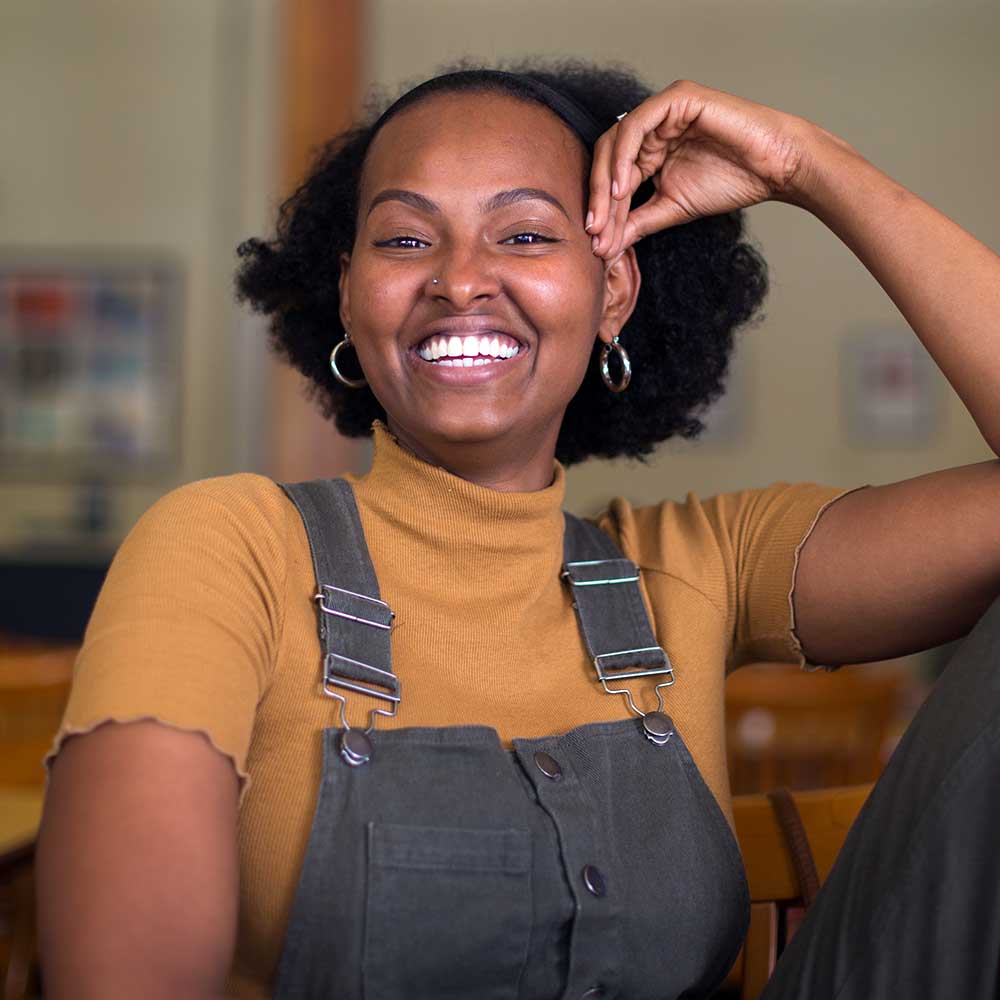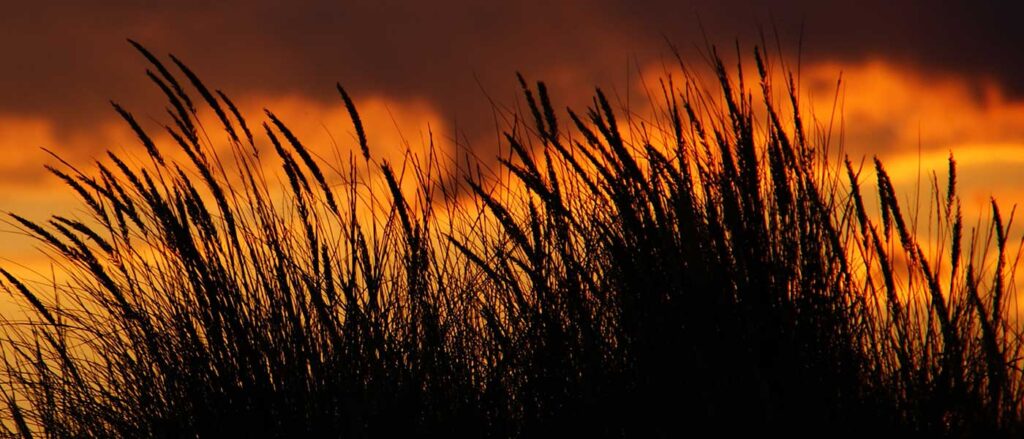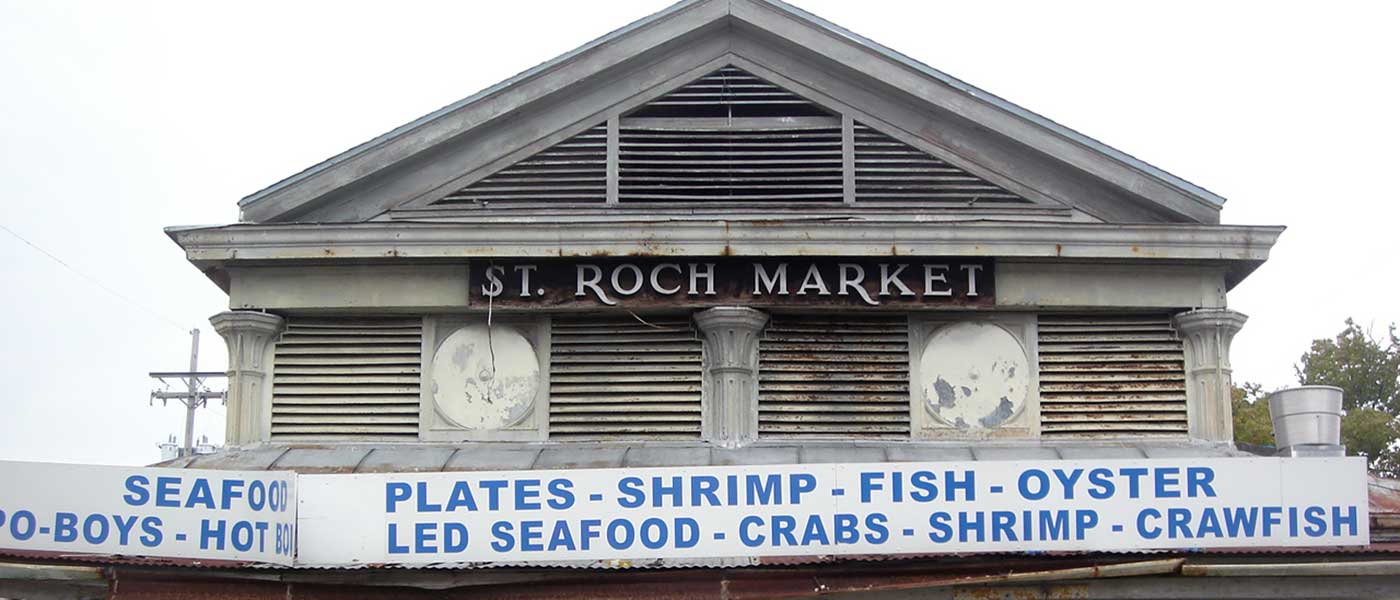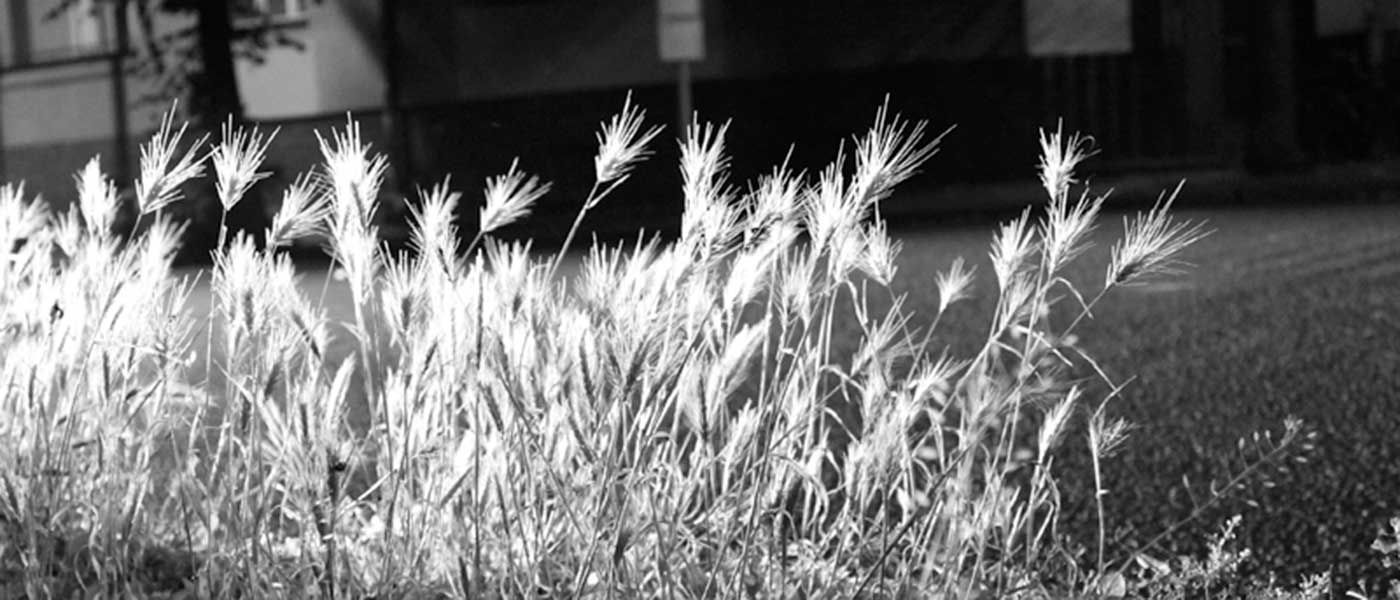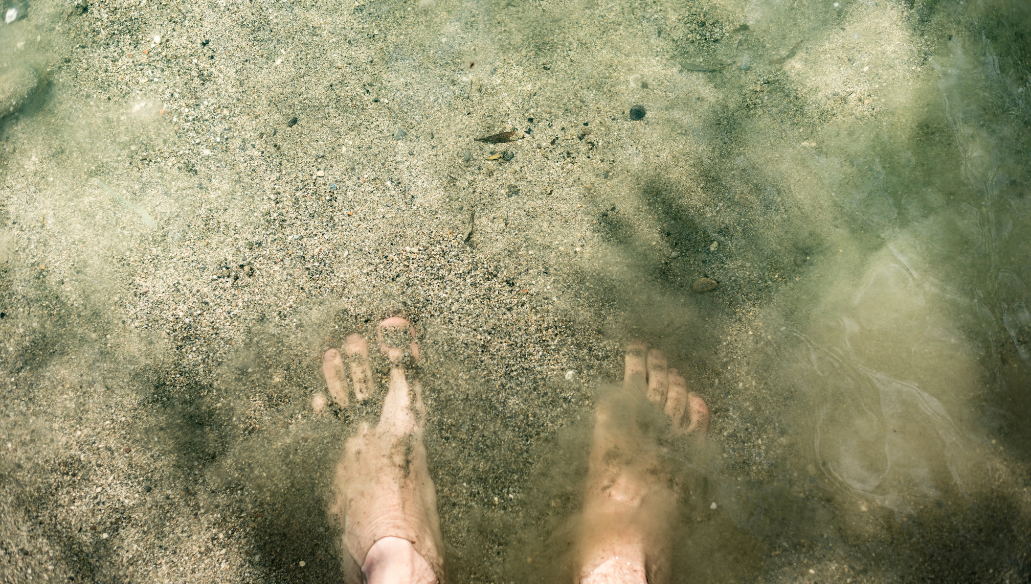In the beginning I am not your body.
& so I hear
in the beginning I am not
12 & I hear hips swinging a wide bridge
a chorus swelling in the bass
of my chest & I break
& I shovel each fist
into my mouth as a woman
is wont to do in laughter
when she remembers the war
and can do nothing to fix it
with her body
and I
am only 12 & not a woman
swelling or a peach rotting
the mouth, more pit than fruit
or flesh and still, spit
out we carry on
as if it makes no sound at all,
being alive
as if
where there is no war
there is no body to bury
and there isn’t. He doesn’t
hurt. I hear nothing. No teeth,
no sigh, no suck or squelch
of muck underfoot. Nobody
is my body and I
am only 12 & tender
as a root
What lies do you tell yourself in order to survive?
Jamila, language is a liar.
Mama calls me almost daily after Nabra’s murder and each time I hang up, the room thrums with the weight of every lie I’ve told her. I tell her things like “I’m good” when I know damn well I’m not. I say “I’m home by eight” when just last night I walked back from the BART at 11 p.m. and stopped for hot chips in a hoodie and loose sweats. And I know a hoodie is not a hijab (but a hijab ain’t a hoodie either) and I heard the hollering of men and still did not flinch; not because I wasn’t afraid, but because I could not fathom a death as gruesome as Nabra’s until I heard it from Mama.
And there is something in the hearing, Jamila. There is something in the stories of these women that saves us.
I remember feigning innocence as a young girl when Mama and her sisters would talk about other women, women who lost their minds or their limbs or their daughters to too much sugar or anger or silence. Women who fought to keep their lives and lost in big and small ways. And in that telling was a way out, a single strand of truth that led me back to the story of the woman I was becoming.
These days, I wake and witness the world move without me towards smoke and a burning Mama ran from years ago. There is no roadmap that I can use to explain how a trip to McDonald’s after Tarawih could have resulted in that girl’s murder that couldn’t result in mine. I know this country is as foreign to Mama as the woman I am becoming, a woman who hikes through the desert and lives with strangers and calls her mama only sometimes. I know a woman who disappears from her own life for months on end cannot be a daughter. I know a daughter who moves away cannot be trusted to come back. But I don’t know how to tell her, Jamila, that a mama’s knowing has never saved a daughter from her death.
The night Philando Castille was killed (one night before my baby brother’s birthday) I found myself out on the 580 with thousands of other enraged black and brown folks in Oakland. It was loud the way a cookout is loud but the air was tight and still. For a minute, a man plays his trumpet so loud it drowns out the sirens and we dance. There are people for miles burning trash and holding signs and screaming angrily into the night. The internet lights up and I recognize suddenly the bloodlust animating the police officers below us. Twelve officers shot and five killed by a sniper in Dallas. Helicopters circle overhead. Whatever this new America wanted, death was part of it. The cars begin to rev their engines and blow their horns and my friend scrawls the number of a lawyer on my forearm in case we get arrested.
My baby sister hears of the protests on Twitter and calls from Atlanta to make sure I am home. She hears sirens and immediately panics.
“Sadia,” she repeats. “This is not our country. This is not our fight.”
I tell her I’m going.
That summer, I do not return even though I hear please in the voice of every relative who calls to check in on me. I see the naked fear on my parents’ faces each time I choose a country that hasn’t chosen me.
Oakland is dangerous.
I decipher their words from long pauses on the phone.
We cannot protect you from where you are.
I come only to leave again. I am a constant
disappointment.
When Somali folks ask why? I say there was a fire and so I left.
I say the fire followed me to the desert and then to the sea.
I hold California in my mouth like a secret until they can imagine for themselves a reason brave enough to leave my family behind.
This is how I move across the country: I say a lot of things I don’t mean.
I say “free” and mean something hard and impenetrable.
I say leaving home is a sacrifice my parents made so I could do the same.
I say I would rather be happy than afraid. I repeat that lie until I see my face in every black and muslim woman whose body is bloodied on a street corner I walk freely.
I say “hijab is a choice” knowing “choice” is political. Knowing Mama has the fewest choices of all. To ask her to un-hijab would be to ask her to disappear. To ask my sister to be careful would be to remind her that there is nothing Mama and I can do to protect her from this particularly American kind of violence.
Some days I wake up and wear hijab in solidarity with myself. Some days I walk around Oakland with my hair covered in an ambiguous blackness.
I don’t say it, but I am afraid to wear anything as bravely as Mama does her body.
I say “one day we will return to Somalia and none of this will matter.” I say it knowing the privilege to leave and the right to return are no guarantee against violence.
I tell myself this country is a country of laws. That a single man cannot change the fabric of an entire nation. That Mama was right, eventually they will tire of us and all we will have is family.
I say “family” like it will keep us when nothing else will and then I remember all of the women who we’ve abandoned to their grief when taking responsibility for their harm became inconvenient. I remember the uncles we protected instead. I remember the stories we spun about those women and how, in my young age, I have become a woman in the stories people tell. I remember why family cannot always be refuge
but try anyway.
Go home
Muslim
N—a
bitch. I am a citizen. They’re not talking about me. There is no coming genocide. The money will save us. Those who love us will not let us be disappeared. Our neighbors will miss us. This is a country of laws. This is a country. No one can hold this much fear in their body and still come up singing. Home of the brave? How? I do not understand.
Garissa in Fragments
There was the lorry that carried mother, pregnant
across baked earth and that too was Garissa.
There was the Tana river, red and roiling
which swelled with rain the summer after
the summer I left for school, and you said
to keep what I found there to myself
even if it was only white people
and I could not tell you
I found the line drawn thick around our excess.
Garissa, where I’d become a woman
swinging from a language too big for her body
until that body, favoring loss, learned to shed
in absence the questions
Ambapo ni kipanda yako?
Where are your papers?
and the Swahili we swallowed in terror:
Sujui, Sujui!
I don’t know in one language
Somali-Kenyan in the other.
Garissa where I held a goat in my lap forgetting the whispers
about dirt, the young girl, her dress, the bus and her eyes
biggering in the mirror until it seemed the whites disappeared
burying the dead together with the living.
Garissa and the red-hatted soldiers who, with hooded eyes
thick as a penis nestled in its sack of skin, declared
I’d been the woman smuggling children yesterday
and today, a baby goat.
Instead of quieting, I became the girl
born to the woman who refused Garissa.
The goat’s not mine, I said, knowing maybe
neither was the memory of our refuge
nor the dust lining my toes
nor this language
my tongue around it
dispossessed.
